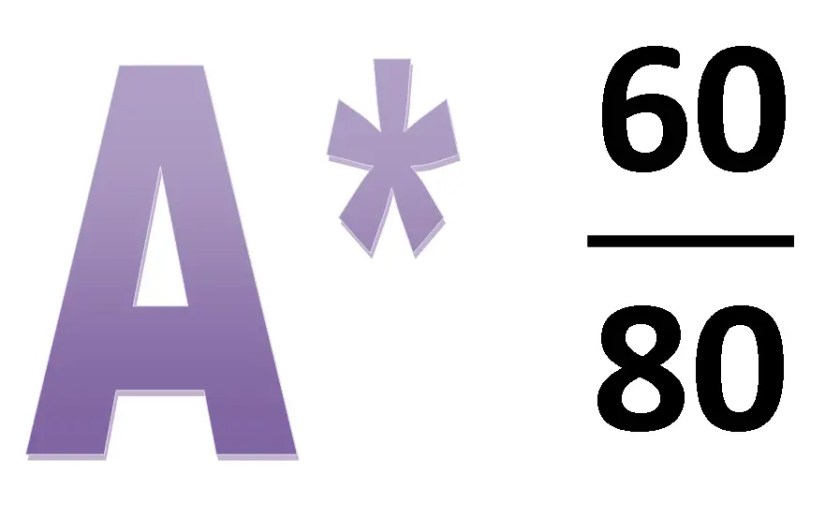I will be running three A-level sociology revision webinars to cover both the core content and exam technique for the three A-level sociology exam papers: Education with Theory and Methods (paper 7192/1), Topics, focussing on the families and beliefs options (paper 7192/2), and Crime and Deviance with Theory and Methods (7192/3).
EDIT (June 17th 2019) – These have now ended!
NB – I will also throw in access to 6 hours of recorded Webinars covering exam technique for the three exam papers!
The webinars are 90 minutes long and scheduled for the following dates, on the Sundays before the relevant exams:
- 11.00 A.M. Sunday 19th May – Education with Theory and Method
- 11.00 A.M. Sunday 2nd June – Families and Belief
- 11.00 A.M. Sunday 9th June – Crime and Deviance with Theory and Methods
All of these webinars will last 90 minutes during which I will provide a (necessarily) brief overview of the content within each topic, and a discussion of several specific exam practice questions. The main focus will be on exam technique.
Students will be able to ask questions during the Webinar, via text, and there will also be time for students to ask questions at the end.
Attendees will be able to download support materials in advance of the webinars, ask questions during the seminars via ‘chat’, and students will also be able to review the seminar afterwards as they will be recorded and stored on the site. Recordings will be available until the 16th of June (several days after the final A-level sociology exam).
Downloadable resources
The one off £29.99 registration fee not only gives you access to all of the Webinars scheduled below, the price also includes downloadable hand-outs with exemplar question and answers for all of the question types on the three exam papers. The documents included in this bundle include:
- Exemplars of 4,6,10 and 30 mark essay questions for Education.
- A hand-out on how to answer methods in context questions, with examples.
- Exemplars of the two types of 10 mark questions and 20 mark essay questions for families and beliefs
- Exemplars of 4,6,10 and 30 mark essay questions for Crime and Deviance.
- Exemplars of 10 mark research methods questions
- Exemplars of 20 mark ‘theory and methods’ questions.
NB – if you are already enrolled on my more extensive 12 week revision webinar series, you don’t need to sign up for this, we cover everything in these three webinars in the 12 webinar series, just in more detail.
For further details of my resources and work please see my blog – revisesociology.com
NB – I will also throw in access to 6 hours of recorded Webinars covering exam technique for the three exam papers!
















 If you like this sort of thing, then you might like my Theory and Methods Revision Bundle – specifically designed to get students through the theory and methods sections of A level sociology papers 1 and 3.
If you like this sort of thing, then you might like my Theory and Methods Revision Bundle – specifically designed to get students through the theory and methods sections of A level sociology papers 1 and 3.


